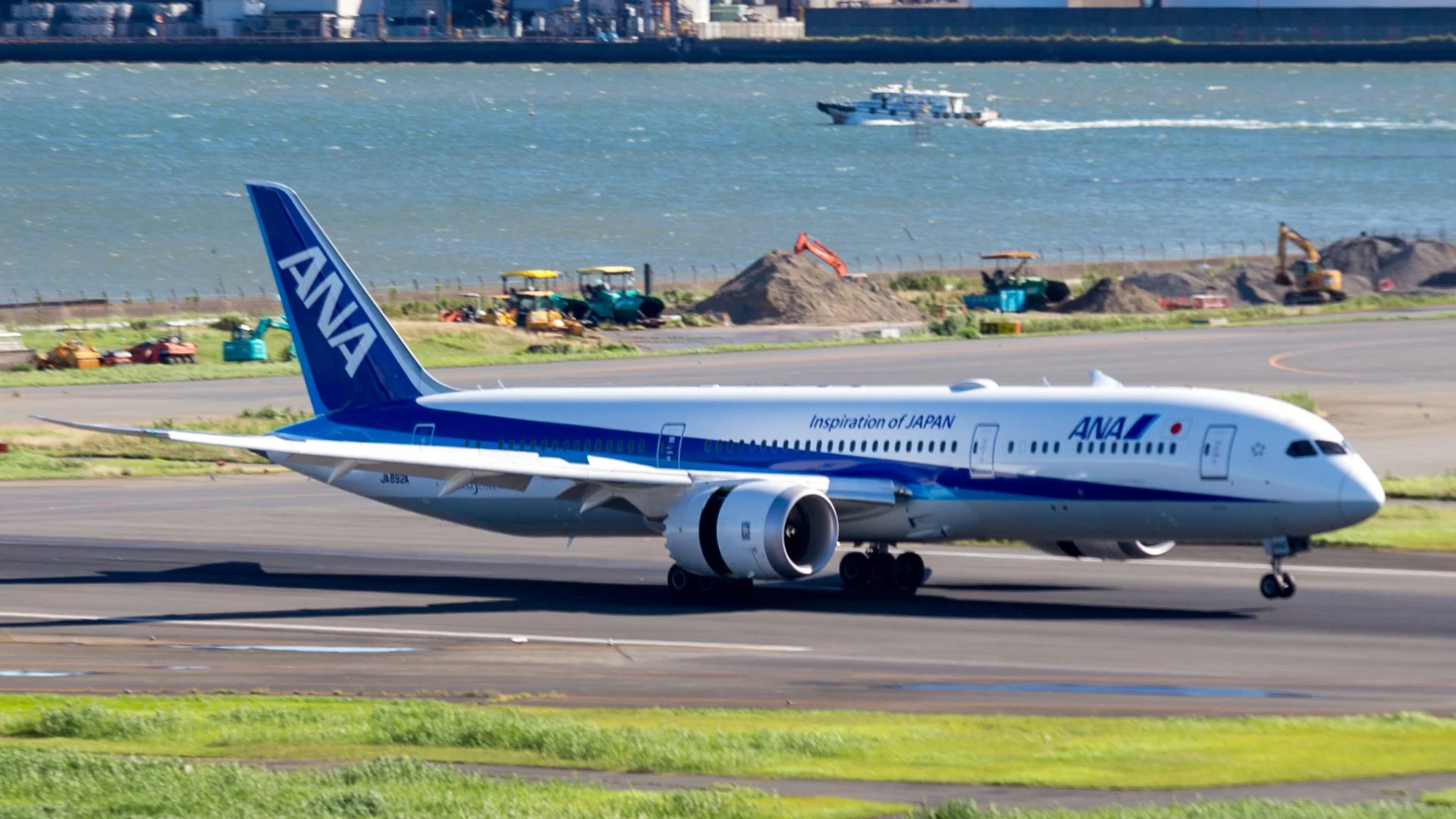Boeing has successfully addressed a significant setback concerning the 787 Dreamliner, one of its prominent widebody airliners. The aircraft, first announced in the early 2000s, was designed for efficiency and cost-effectiveness, targeting a 20% reduction in fuel burn compared to other widebody aircraft like the Boeing 767. The company achieved this through the use of General Electric GEnx or Rolls-Royce Trent 1000 engines and composite materials for the airframe.
The Dreamliner, introduced with All Nippon Airways (ANA) in late 2011, has been widely successful, with over 1,000 units produced and more than 2,100 ordered globally. However, recent news highlighted a major incident on June 12 when Air India Flight 171 crashed shortly after takeoff, resulting in significant casualties.
A key issue arose earlier with the Dreamliner's battery system. On January 7, 2013, a Japan Airlines Boeing 787 caught fire due to a thermal runaway in its lithium-ion battery cells. A similar incident occurred nine days later with an ANA Boeing 787 during flight NH-692. Both incidents raised serious safety concerns about the aircraft's battery design.
 Alerts Sign-up
Alerts Sign-up



























